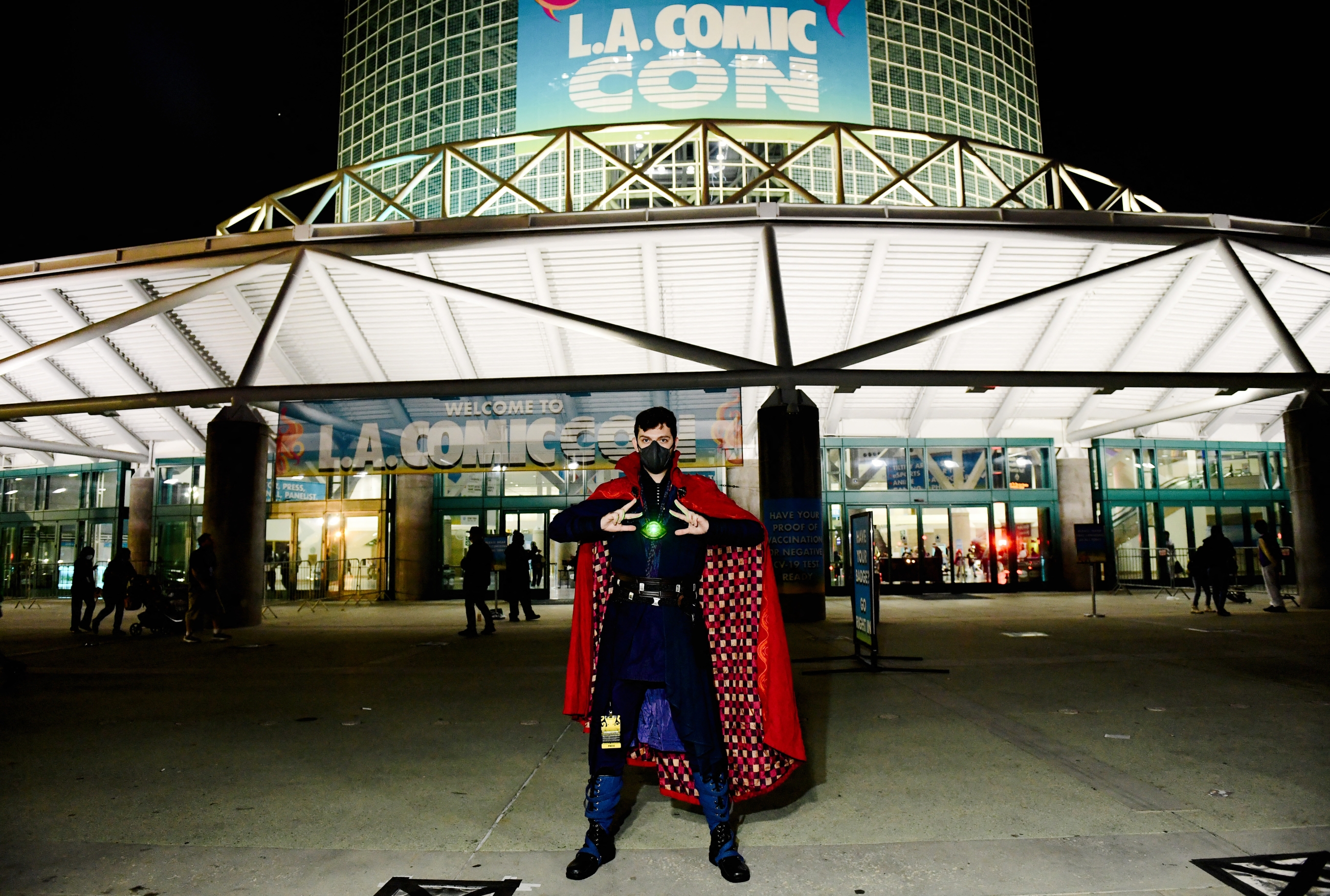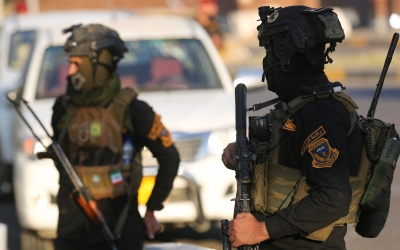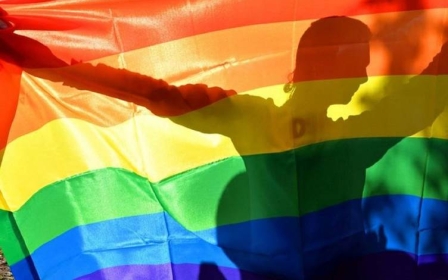Marvel's Doctor Strange 2 reportedly banned in Saudi Arabia over LGBTQ+ character

Saudi Arabia has reportedly banned the sequel to the Doctor Strange film, which is set to premiere next month, over the inclusion of an LGBT+ character, according to The Hollywood Reporter.
Doctor Strange in the Multiverse of Madness includes the character America Chavez, played by Xochitl Gomez. In the comics, Chavez is gay, something that is expected to be carried over to the film.
The Hollywood Reporter on Friday said it had obtained confirmation that the film would be banned. The publication also reported that Kuwait could ban the film as well.
The film was due to be released across the Gulf on 5 May as part of its global rollout. Several cinemas in Saudi Arabia, Kuwait and Qatar are no longer offering tickets on their websites, however, they are available in the United Arab Emirates, suggesting it will be released there.
In recent years, some Gulf countries, looking to wean their economies off petrodollars, have pursued social liberalisation initiatives.
In 2020, the UAE relaxed laws allowing unmarried couples to cohabitate, and loosened restrictions on alcohol sales.
But the change in laws and the relaxation of social norms in places such as Saudi Arabia and the UAE have so far not included acts of homosexuality, which remains illegal across most of the region.
Banning of the Doctor Strange sequel comes after other films, such as Chloe Zhao's Eternals and West Side Story were prevented from hitting cinemas. The former included a same-gender couple and the Marvel universe's first gay superhero, while West Side Story featured a transgender character.
This month, LGBTQ+ supporter groups from across the world raised concerns that members of their community could face security issues attending the World Cup being held in Qatar later this year.
Middle East Eye propose une couverture et une analyse indépendantes et incomparables du Moyen-Orient, de l’Afrique du Nord et d’autres régions du monde. Pour en savoir plus sur la reprise de ce contenu et les frais qui s’appliquent, veuillez remplir ce formulaire [en anglais]. Pour en savoir plus sur MEE, cliquez ici [en anglais].





